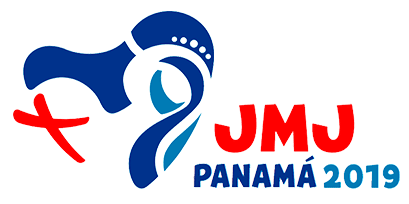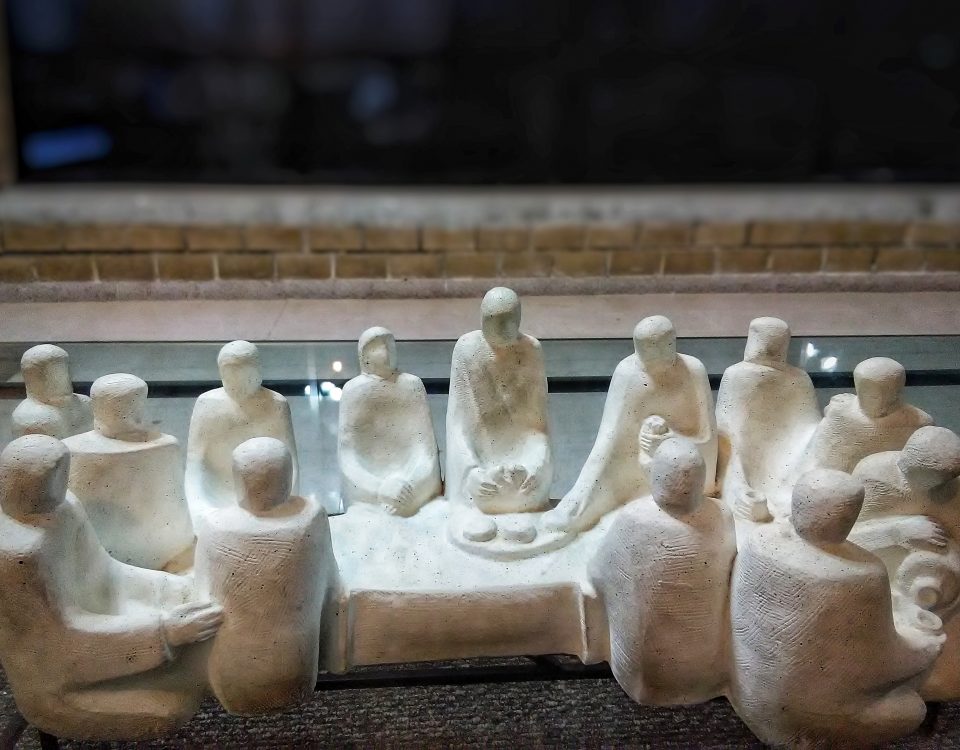“We have come to do him homage”
BIBLICAL TEXT: Matthew 2:1-12
1.- LECTIO: What does the text say?
Bible Study.
Here is one of the most beautiful episodes of the infancy of Jesus that has captured and continues to capture the imagination of believers and non-believers, of theologians, painters, and poets: the visit of the magi. What does Matthew the evangelist want to share in this story? A historical account? A legend? A theological reflection dramatized about the universal scope of the nativity of the Savior? Maybe a little of all of this. And with an open mind, we should enter in the story of the second chapter, where Matthew is knitting together, as a presentation, the profile of Jesus, the Christ, the Lord to whom all the people render homage.
Since the dawn of time, the contemplation of the stars has fascinated men and women of every religion and culture. The stars spoke to them of God and of the destiny of mankind. In the changes of the celestial map they read the decisive events of history. In the appearance of a new star, they saw the birth of important people. Each people was assigned their star or constellation. They dreamed, hoped, and prayed looking at the stars.
The biblical culture also scrutinized the most important event toward the who history of Israel leaned: the nativity of the Messiah-King. The Qumran Jewish sect even told of his horoscope. In the book of Numbers (24:17), the oracle prophet Balaam contemplates in the firmament how “a star shall advance from Jacob, and a scepter shall rise from Israel.”
On the horizon of history and legend, the evangelist projects this meditation in the form a staged account that already contains, in a synthesis, everything that he will tell us through his Gospel: Jesus is the heir of the promises of Israel, but also the hope of all the peoples of the earth. He is the Messiah-King and the Son of God, but he reveals himself in the humble fragility of a child, son of Mary. His presence provokes thes the rejection of his people and the acceptance of the estranged and foreigners.
Those who, leaving everything behind, dedicatedly threw themselves in search of him found him and were “overjoyed” (as we see in verse 10) like those who entered, like the magi, in the mystery of the loving presence of God (other texts to see are: Mt 5:12, 13:20, 13:44; Lk 1:28, 2:10, 10:20).
The liturgy of the Church has captured and expressed all that the narration of Matthew reaches in the name of the feast that is celebrated upon the visit of the magi: The Epiphany –manifestation– of Jesus.
The epiphany (etymologically from greek: επιφάνεια which means “manifestation”) is a religious event. For many cultures, epiphanies correspond to revelations or appearances where the prophets or oracles interpreted visions beyond this world.
But for us, it is a christian feast in which Jesus takes human presence on earth, that is to say, Jesus “makes himself known.”
The term epiphany can be understood as a translation of the concept of the “glory of God,” that indicates the footsteps of his passing or, simply, his presence.
The tradition says that they are three because there were three presents or gifts that they brought, which also represent the three known races or cultures of the time, Europe, the Orient, and Africa. But this is something that the tradition has added because it is a revelation to all peoples known so far.
Reconstruct the text:
Where was Jesus born? Who was important at the time?
Who presented themselves in Jerusalem and what question did they ask?
On top of this question, what else did they say?
Who heard this question and what was the attitude or actions they took?
What did Herod ask the priests and scribes?
What did Herod ask the magi and how did they respond?
What happened when the magi saw the star? Were there two important events?
What happened when the magi entered the house?
What dreams did the magi have?
2.- MEDITATION: What does God say to me in the text?
Ask some question to go deeper in the Word of Salvation:
Like these men of prayer and reflection, am I also attentive to the signs of the times, where God speaks to me, that is to say, in my history with the events of my life?
King Herod was frightened with the news and he was shocked. When we hear the news of God for each of us, where does he ask us to change? In an action, a new way of being… How do we react? Do we accept God in our life?
Like these magi let themselves be guided, am I also looking for help in my personal and communal life to do the will of God? Or do I simply let my instincts guide me?
The magi also allowed themselves to be guided in the night by a star. This can tell us many things, for example, even the darkest of nights, do I follow the light of God and follow with perseverance?
The magi were overjoyed at the sight of Jesus. And me… Am I also full of joy upon meeting the Lord? Do not answer yes so quickly, remember the rich young man that met the Lord, but left sad. What do I need to be joyed at meeting the Lord?
The magi gave their presents. What do I give to my Lord? My pride? My vanity? Some habit in my life that I know that I should change to be a better Christian?
3.- ORATION: What do I say to God?
To pray is to respond to the Lord who speaks to us first. We desire to hear his Saving Word. This Word is very different from what the world offers us and now is the moment to say something to the Lord.
Lord Jesus, today I come to present myself before you.
I have neither gold, incense, nor myrrh.
But I have my life that I can offer you.
You know my talents, and they are not always disposed to serve you.
Thank you Lord for all that you have given me, above all for my Christian faith.
Today, I want to join these magi that bring their presents and offer you my life.
I would like to be in the Manger like the “fourth Magi King” who recognizes you as the Lord of all the peoples.
Accept, Lord, the humility of my present: my entire life.
Accept me, Lord, here I am and shape my life as you would like.
I am your present. Here I am. Give me the light to be able to follow you.
Amen.
Remain silent for a moment and reflect to respond to the Lord. Today, we give thanks for his resurrection and because he fills us with joy. Add your personal prayer intentions.
4.- CONTEMPLATION: How do I internalize the Word of God?
For the moment of contemplation, we can repeat various times this verse of the Gospel so that it enters into our life, our heart.
Repeat this phrase of the Gospel various times so that it enters into your heart:
“We have come to do him homage”
(Verse 2)
Ask the Lord to be a witness of his life and his resurrection so that others believe
.
5.- ACTION: What do I promise God?
There should be a notable change in my life. If I do not change, then I am not a true Christian.
If I am alone, I will pray before the manger or imagine the scene of the simple and humble place where Jesus was born. I will look to the child and say to him: I know that you came to save me and here I am, putting myself in your hands to be an instrument of your love. And do an act of charity that shows that truly, I am following what Jesus asks me.
As a group, discuss about the gifts that each one has, and that we sometimes don’t use at the service of others. As a group, accompany people that perhaps are alone and are not visited. Be like the magi that went to visit Jesus and go to an old folks home, an orphanage, a prison. In the name of Jesus, visit our brothers and sisters who are alone.







